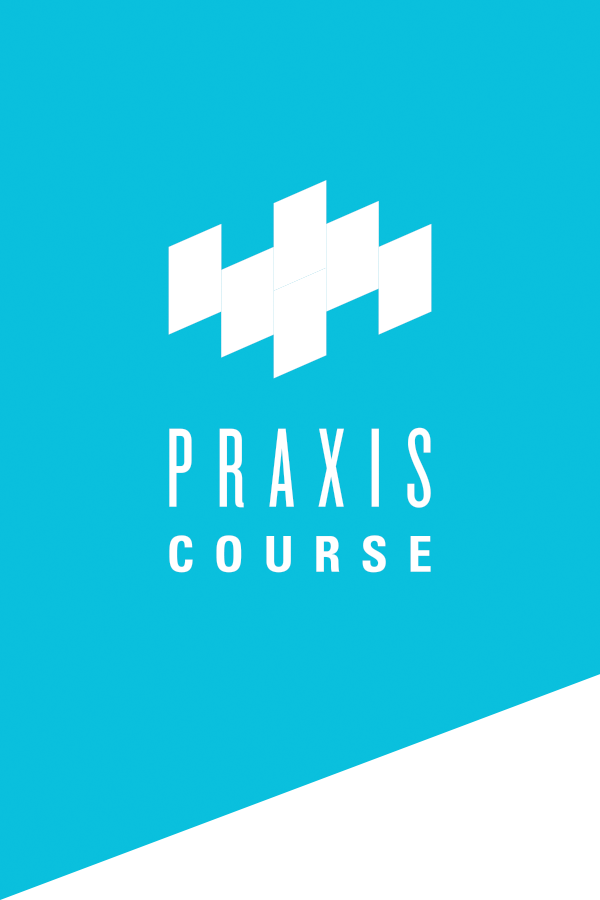Questions
1. How has your imagination been formed? What are the primary institutions that form the imaginations of your neighbors, friends, and colleagues?
Ask the group to be specific and not just give categories of institutions (such as the family, church, schools, media, and government)—though their examples will probably come from these categories.
As an alternative prompt or a follow-up, you could ask them to work backwards and identify some part of their imagination (e.g. how they envision romance or marriage, success or failure, freedom, the role of technology in their future, etc.). Then ask them to reflect on what institutions influenced that aspect of their imagination.
2. How is "cultural exegesis" different from market research and trend analysis?
Dave is coining the term "cultural exegesis," which you may want to define. "Exegesis" is the critical examination of the meaning of a text, typically a religious text. When a pastor or teacher explains what a Bible passage means, they are doing exegesis. Scholars refer to almost every aspect of culture as a "text," so cultural exegesis is a thorough critical explanation of what that text means to some group of people. You could do cultural exegesis on a movie, a trend, a law, a college course, an awards show ... virtually anything.
The idea of the question is that market research and trend analysis tend to be more shallow than exegesis. They focus in depth on "what" questions; but they typically don't address "why" questions deeply enough. Trend analysis may identify direct causes but probably doesn't think much about the unstated ideas, values, and narratives driving a particular piece of culture.
3. What makes a good entrepreneurial idea good?
Dave doesn't answer the question directly, but help your group think in terms of the three circles in the Venn diagram shown (Theology, Culture, Entrepreneurship). A good idea has to satisfy all three dimensions—it has to reflect God's heart, it has to encourage positive cultural trends and disrupt negative ones, and it needs to work as a sustainable venture.
4. How could you apply an alternative-imagination approach to identify a renewal opportunity that the market has either ignored or failed to incentivize?
Try to help participants come up with ideas based on their own convictions about things that are broken in the world and need the renewal of the gospel. If necessary, prompt them with some of the ideas on Dave's list (in the slide at 18:15 in the video).
You could narrow the discussion by having the group apply this approach to something the group has in common, such as your city, church, organization, association, etc.
5. Do you have one or more "cherished topics" around which you'd like to change people's thinking? What is the shift of thinking or behavior you'd like to see?
You may consider having small groups of 2-3 share ideas with each other before discussing as a larger group. If the group members know one another, they might even appreciate the opportunity to try to articulate their friends' cherished topic(s).
Additional Readings
Augustine: On Christian Doctrine, Book 1 Chapter 1 Section 3-8, (p 9-12)
Nigel Biggar: Good Life Reflections on What We Value Today, Ch 4 (p 46-56)
James K.A. Smith, Desiring the Kingdom: Worship, Worldview, and Cultural Formation, Chapter 1: Homo Liturgicus: The Human Person as Lover (repeat)
